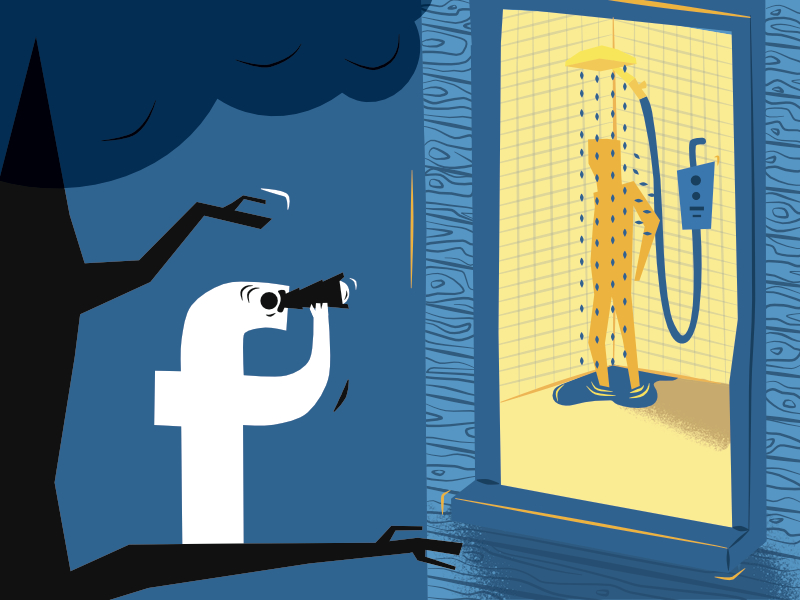Fast, cheap, and good: these are the positive attributes that services can have. It’s a popular economic meme. As a buyer, you get to choose two. Cheap and good will be slow (or very hard to find, which has a similar effect). Fast and cheap will be crappy. Fast and good will be expensive.

Of course, the more competition in the market, the better conditions are for the buyer — if you want to purchase a well-written article, for instance, cheap and good won’t be that difficult to find, because there are a ton of smart, eager writers out there. (If you’re looking for on-the-ground reporting, the price goes up.) What I’m saying is that the “fast, cheap, or good” principle lacks this crucial caveat: “relative to the rest of the market”. Maybe that’s obvious. Anyway.
As a seller, you can also choose which segment of the Venn diagram you want to occupy. What criterion will you use to compete? And accordingly, which customers do you want to cater to? Being good and fast seems preferable to me, but there are fortunes to be made in every intersection. If you can nail the middle, you’re golden. Platforms like Amazon can accomplish this. One of the reasons that platforms are so valuable is that they can be fast, cheap, and good.





